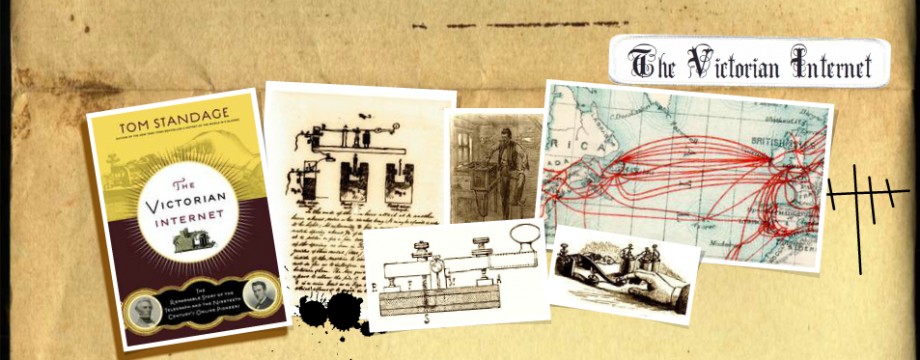“The Victorian Internet”: Summary of chapter 9
By: Danielle, Lora, Mengyuan, Yue, Jisheng
The telegraph changed the news industry irrevocably. Before the telegraph network, newspapers were limited to their own local news because foreign news took weeks or months to arrive. Also because of the limited stories available rival newspapers were fiercely competitive in their quest for fresh information. In 1840s, a great invention called “the telegraph” changed everything.
In 1858, the first transatlantic telegraph cable successfully transmitted news between countries. This marked the free movement of international news. Soon newspapers were able to cover foreign events and issue several daily editions following the event throughout the day. The telegraph allowed local and foreign news to be delivered instantly. There was now so much information that the work now needed to be divided between publishers and providers. This eliminated the earlier competition between newspapers. Due to the influx of information from all over the world reporter networks were established selling international news to newspapers willing to pay for them. Companies such as the Associated Press and Reuters were the first to take advantage of this thirst for foreign news.
The speed of this new form of communication had unpredictable consequences for military and diplomatic initiatives. With the establishment of undersea cables the entire world was now connected via the telegraph. This meant that British military movements usually published in English papers could now be sent over the wires to their enemies. This security threat became apparent during the Crimean war which was the first war to have the electric telegraph available for use. Along with having to limit the amount of information available to the public the telegraph usurped the command power from the generals at the war front. This was because the central governments were now in direct contact with the front and able to direct the action. In the early stages of telegraph use in warfare were wrought with confusion and security threats.
Similarly, diplomacy found the transition to the telegraph to be challenging. This was because the instant nature of the correspondence clashed with the slow deliberations of diplomatic relations. However there were examples where the telegraph prevented bloodshed, between Britain and France during the Fashoda Incident.
At the end of the century, though there were instances where the telegraph seemed to create the global village; it was by no means the global pacifier people intended it to be. By the late 1800s a new problem became apparent. Local newspapers were becoming flooded by reports of incidents in distant places. They were overloaded by information from far away and could not get information about local occurrences.
